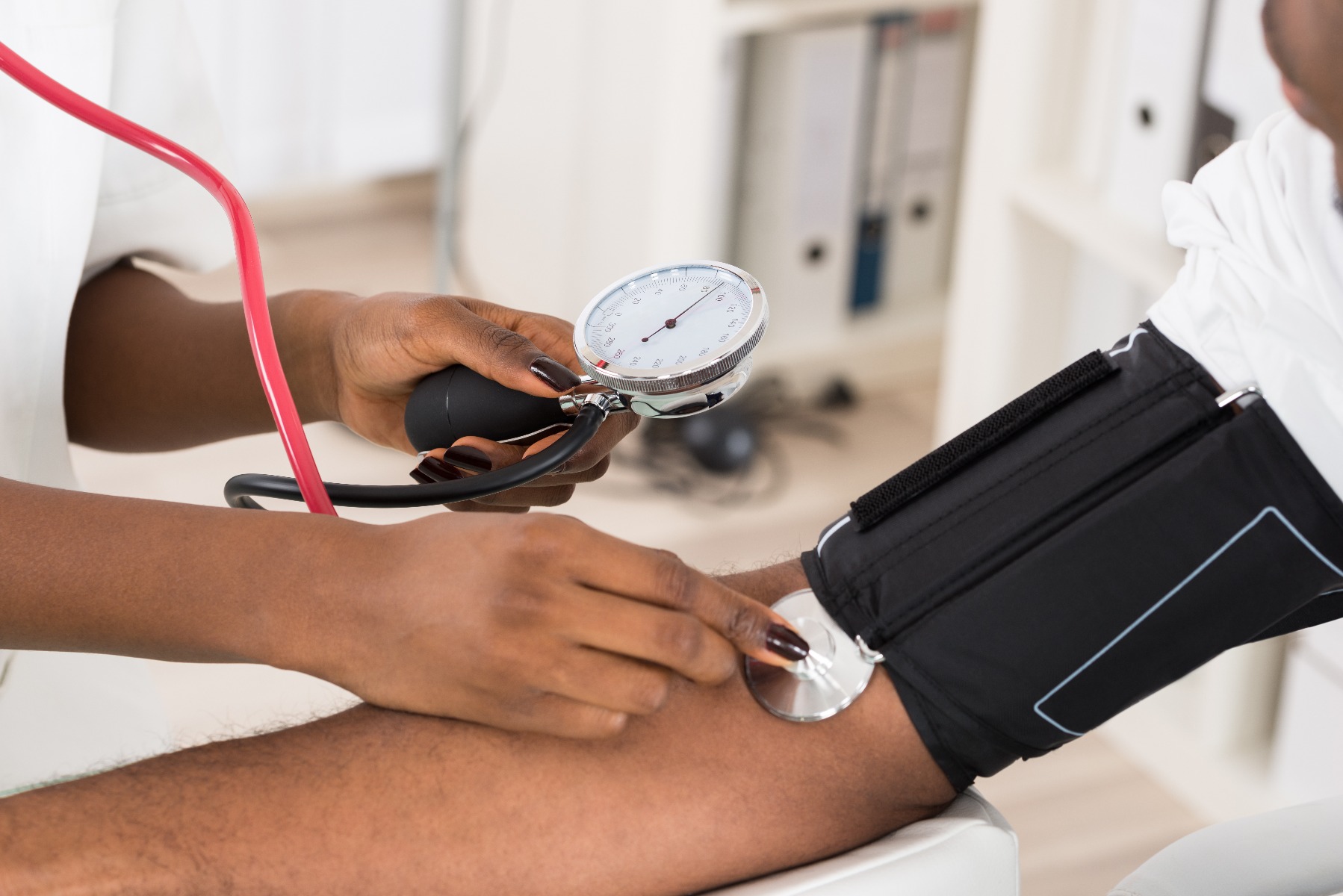Symptoms and ailments are always a clear sign that you should seek professional medical attention. But just because you don’t feel sick or in pain doesn’t mean you should be avoiding your doctor. There are still areas your doctor should monitor to assure your health or to catch any issues before they become more problematic.
This isn’t something you should worry or obsess about, but it is recommended that even people that feel perfectly healthy should regularly receive checkups from their doctor (once every 2-3 years for people under 30, once every year for people over 30).3
Don’t leave your health up to luck! Here are a few areas you will want to make sure your doctor checks:
Blood Pressure

Testing blood pressure measures the amount of force that is put on the walls of blood vessels and the force created between heart beats. If either of these pressures are high, it can stress your arteries and increase your risk for blood clots. High blood pressure (HBP) is nicknamed the “silent killer” because this deadly disease doesn’t have any symptoms. It is the biggest risk factor for heart disease, stroke and other cardiovascular problems.4
Luckily, if detected, there are many lifestyle changes that can be used to manage HBP and lead to a healthier life. You can also monitor your blood pressure at home in between doctor visits using arm or wrist monitors.
Cholesterol

Cholesterol is needed in your body to create cells. But, high levels of cholesterol, often a result of eating too much meat and dairy, can create severe health risks. Excess cholesterol can join with other substances to form deposits in your arteries. This may lead to a heart attack or a stroke. There typically are no symptoms before a stroke or heart attack, making it difficult to detect.1
If you do have high cholesterol, there are steps to be taken to lower your level and risk. So it is vital that you see your doctor to know what your level is.
Oral Health

For oral health, it is recommended that you see your dentist twice a year. Poor oral health obviously can lead to oral infections, tooth decay, gum disease, and other issues in the mouth. But, it can go a step further, too. Bad oral hygiene can be linked to heart diseases, pneumonia, and pregnancy complications. On top of that, diseases such as diabetes, HIV/AIDS, and Alzheimer's disease can worsen a patient’s oral health.
Brushing, flossing, and a healthy diet are great practices for good oral health, but make sure you see your dentist regularly for a thorough check up.2 For people with Parkinson's disease, arthritis, or other conditions that can make it difficult to brush teeth, weighted or foam brush handles can assist with proper brushing technique.
When it comes to your health, you do not want to leave things up to luck. It is great to check in with yourself often to make sure you are feeling well, however there are some medical issues that can go undetected unless tested by a medical professional.
References
- American Heart Association. (2017). Control Your Cholesterol. Retrieved from https://bit.ly/2Hx5Ipu
- Mayo Clinic Staff. (2019, June 4). Oral health: A window to your overall health. Retrieved from https://mayocl.in/2UZHtYY
- Medina, C. (n.d.). How often should you get a check-up? Mount Sinai Medical Center. Retrieved from https://bit.ly/3bQ0mnd
- American Heart Association. Why blood pressure matters. (2014, February). Retrieved from https://bit.ly/37Awnfi
- Yoffee, L. (2009, May 20). Doctor's Visits: Why Checkups Are Vital. Retrieved from https://bit.ly/321oWgc
Medical Disclaimer: The information provided on this site, including text, graphics, images and other material, are for informational purposes only and are not intended to substitute for professional medical advice, diagnosis or treatment. Always seek the advice of your physician or other healthcare professional with any questions or concerns you may have regarding your condition.








 France
France Australia
Australia





